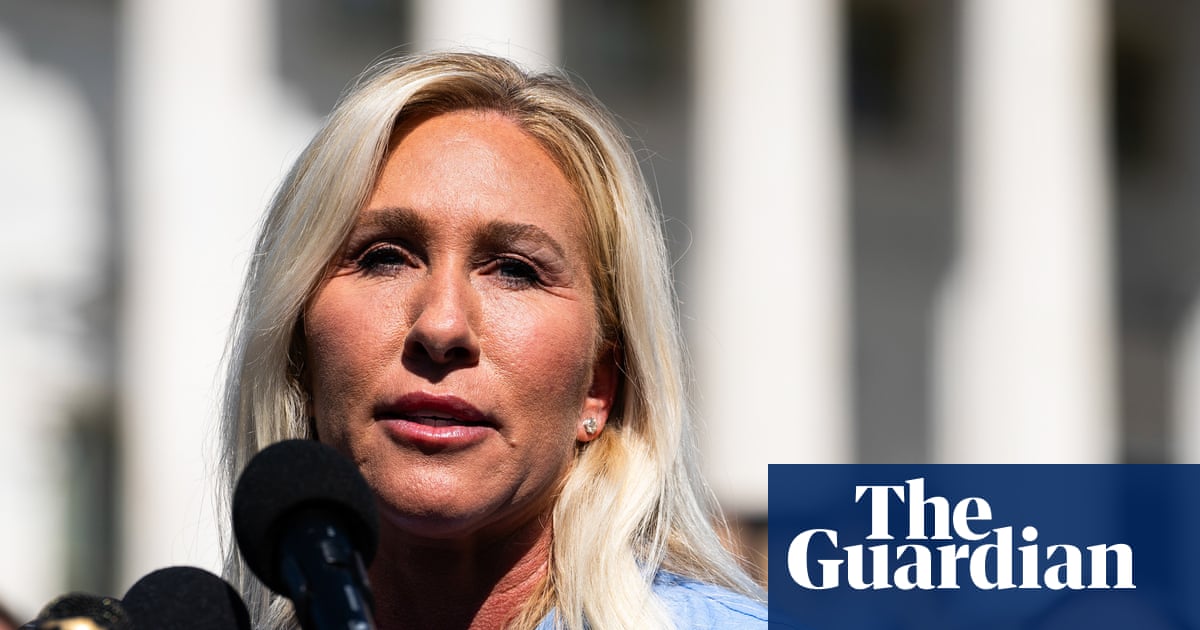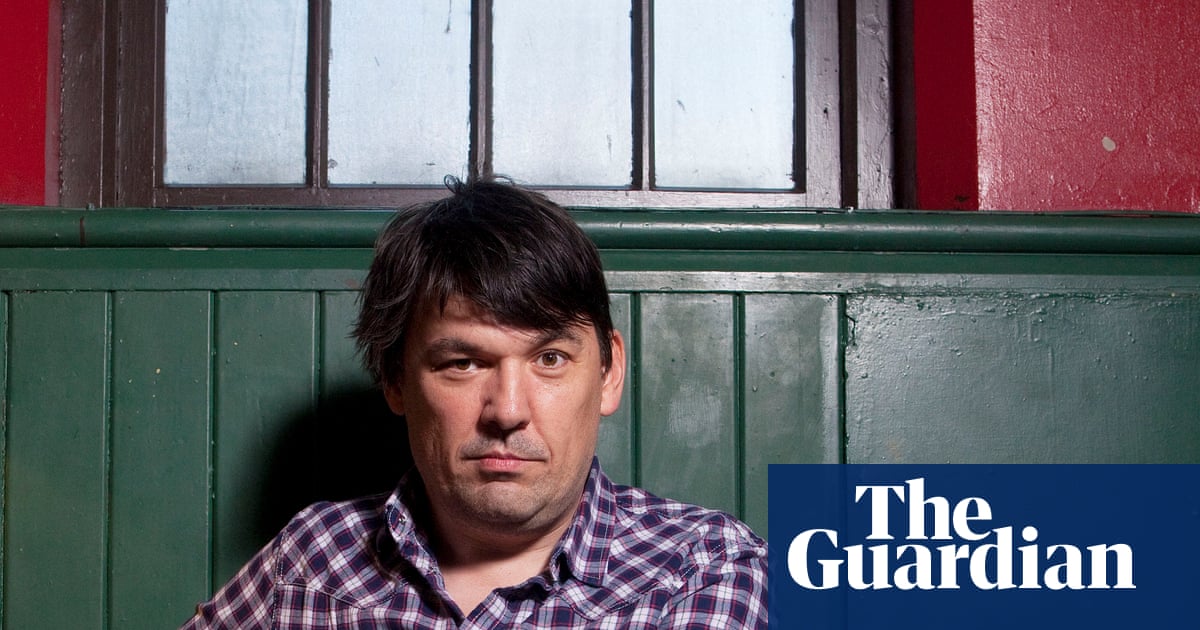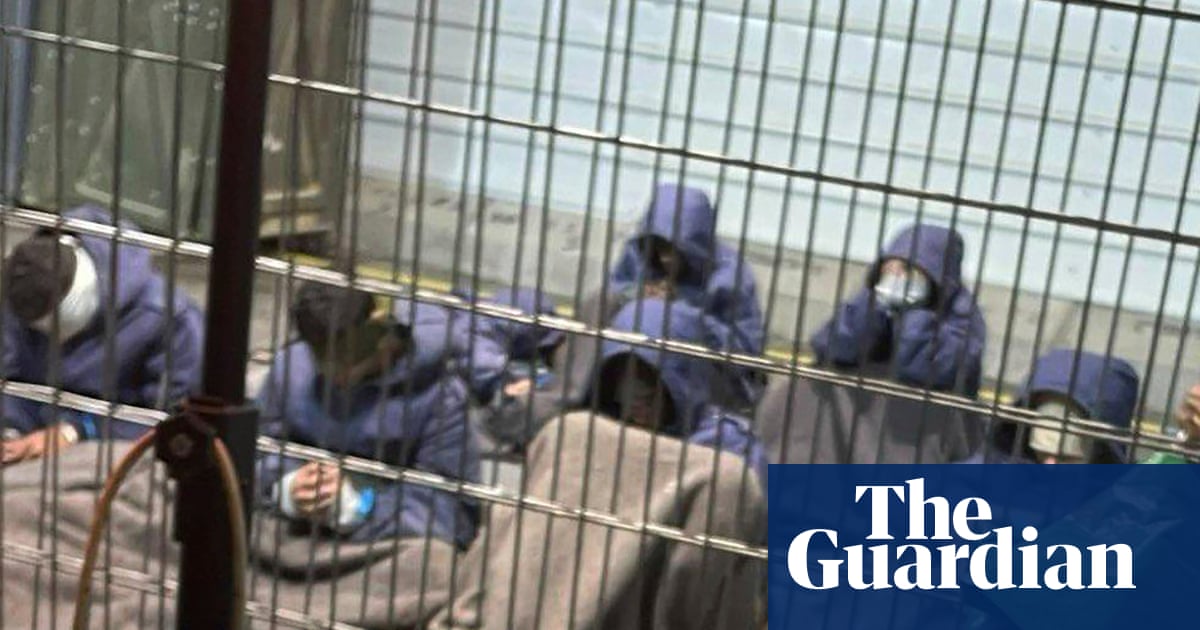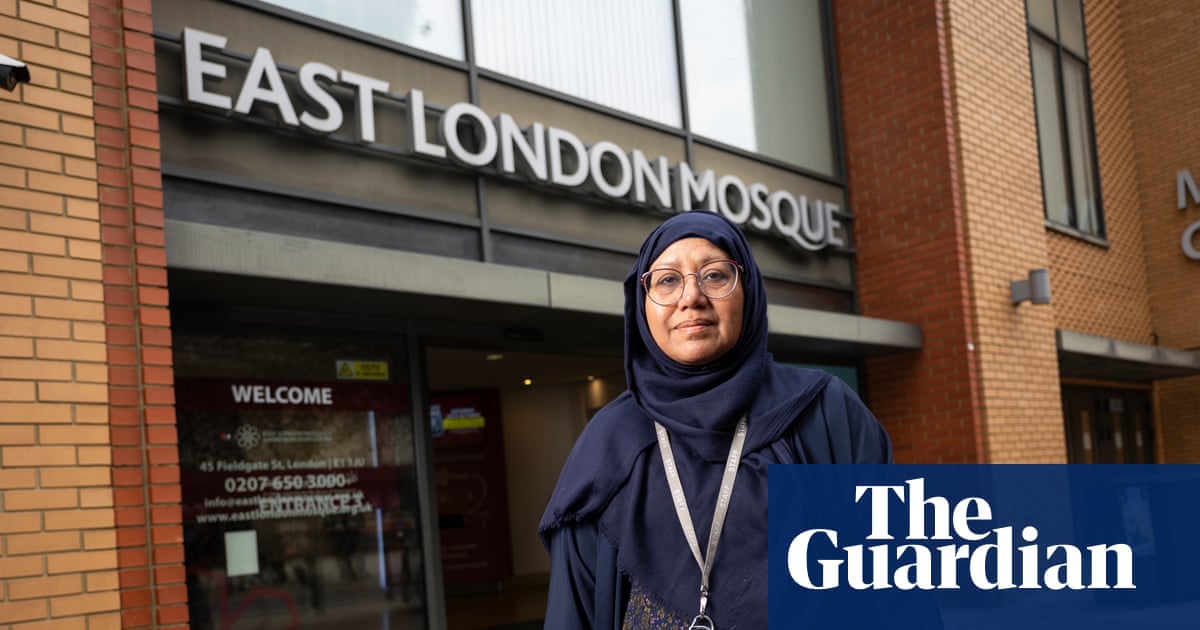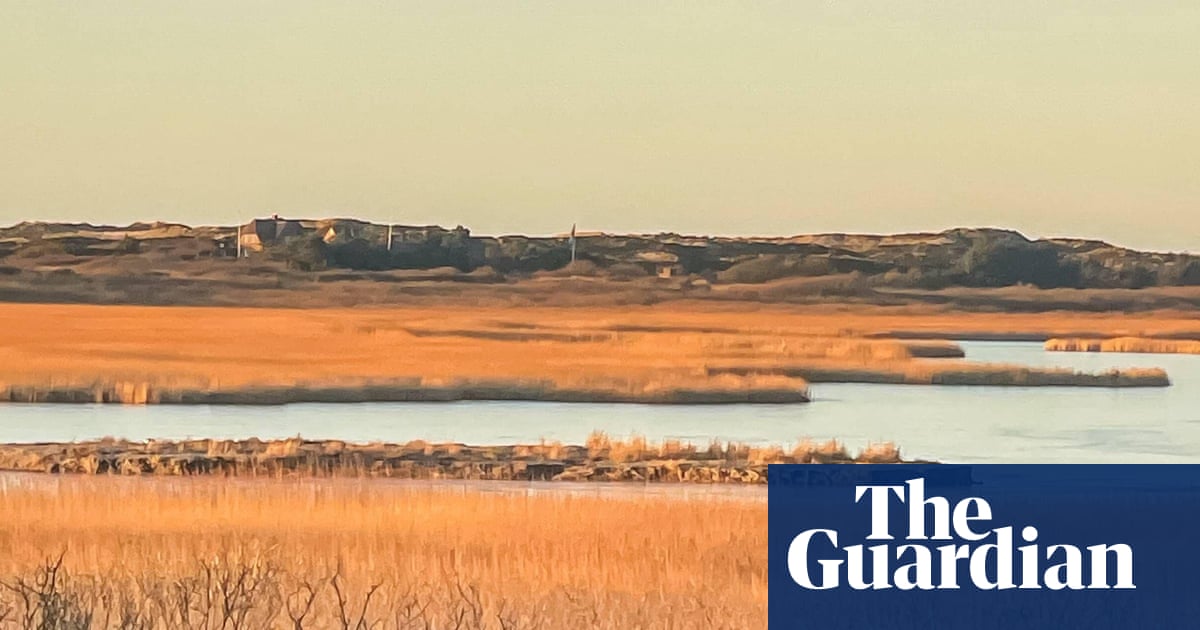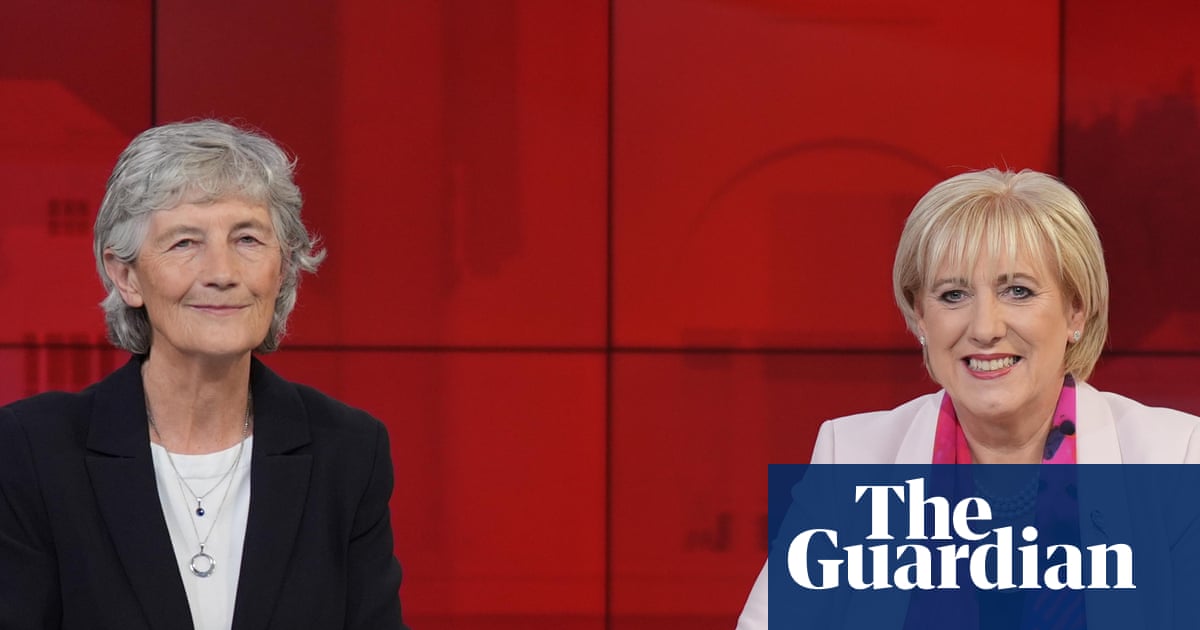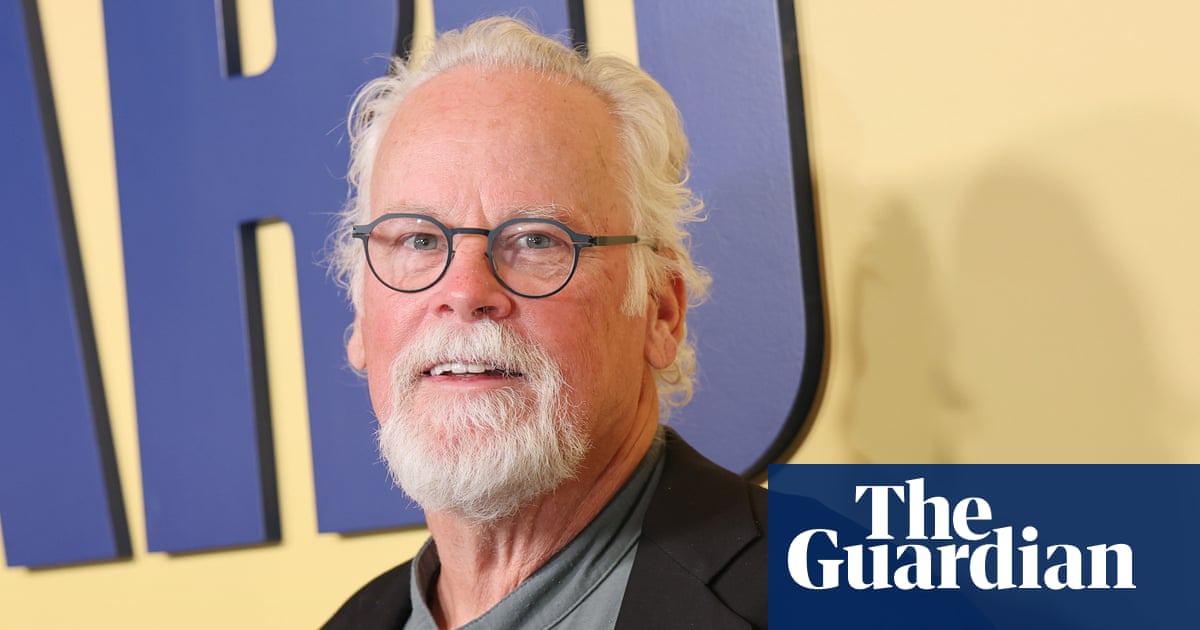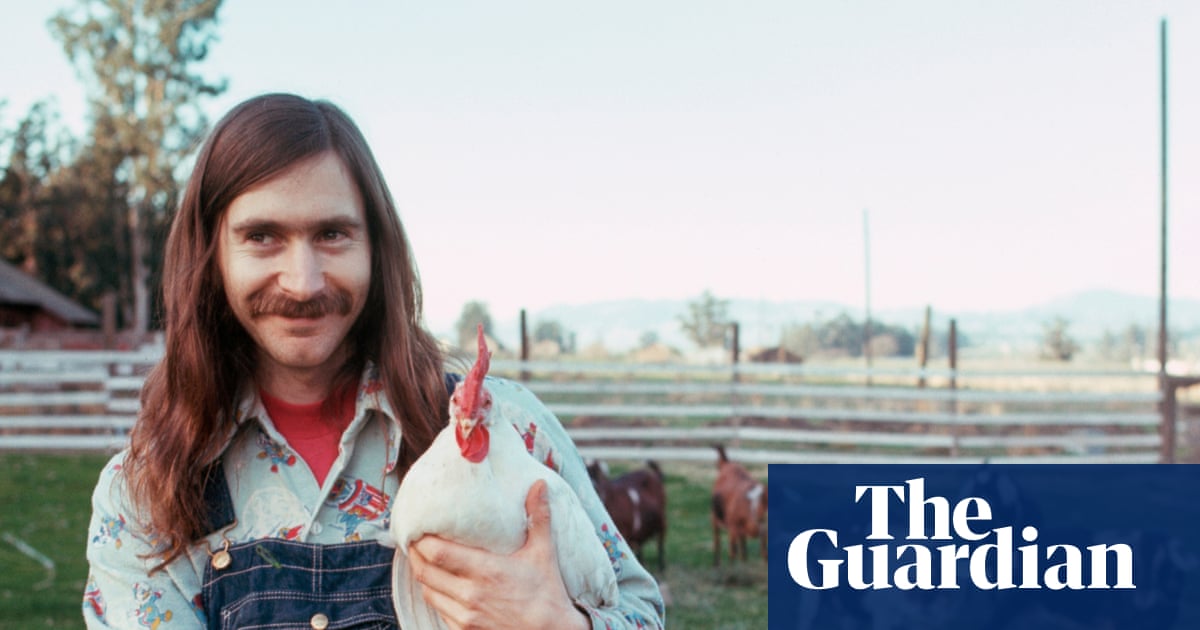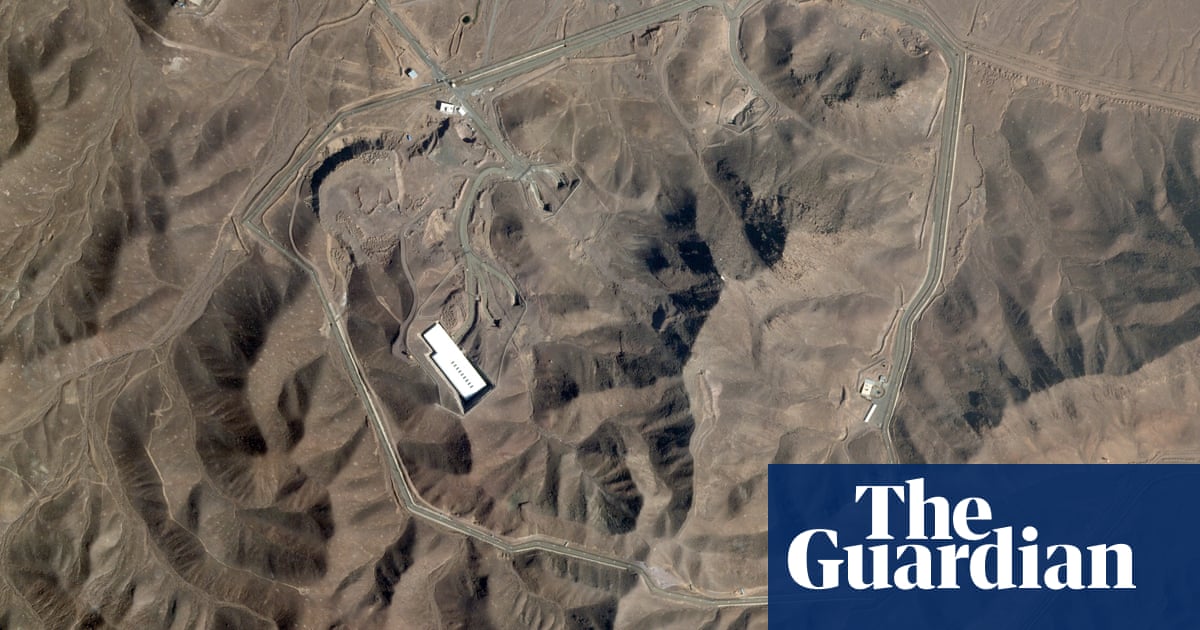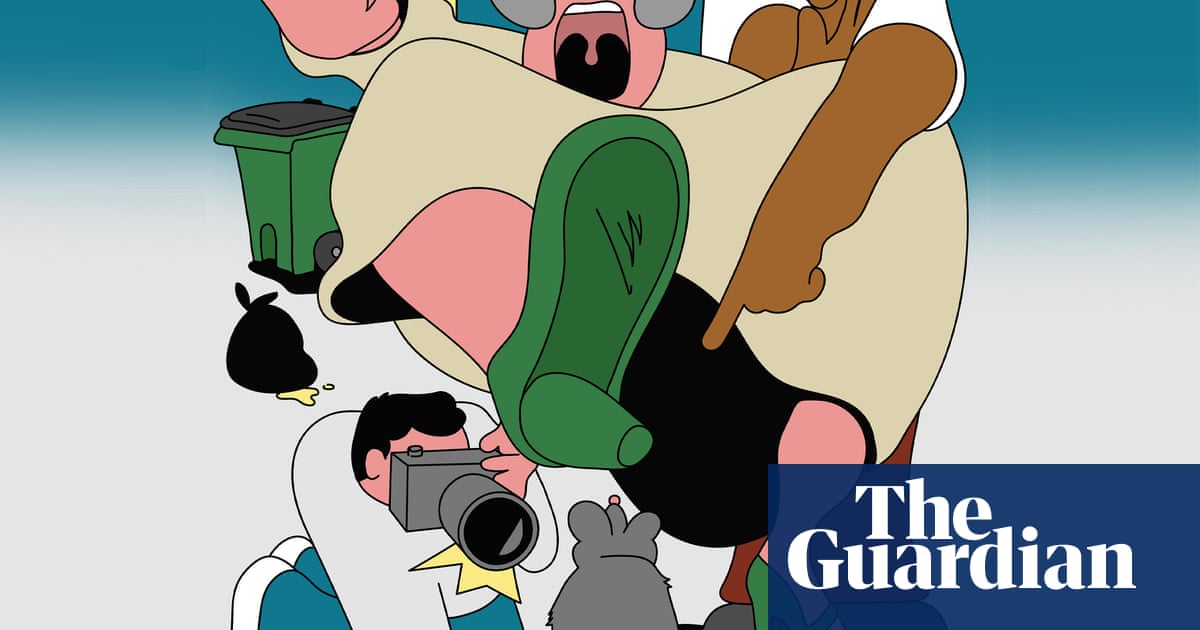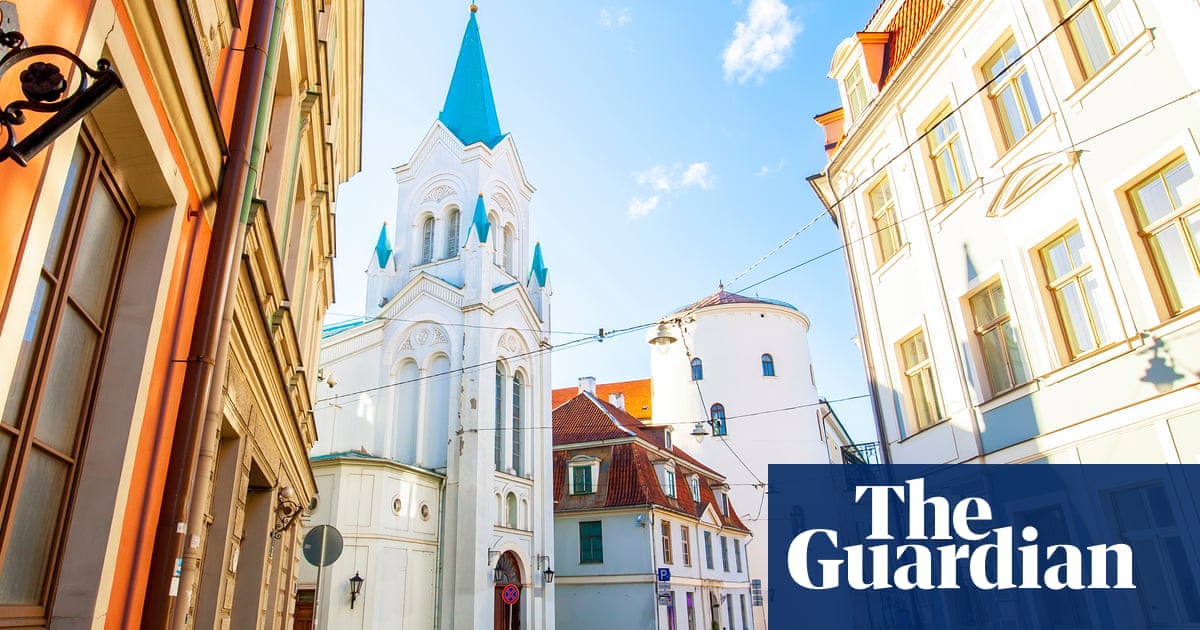A grassroots movement to wild a fifth of East Anglia is going national with the launch of Wild Kingdom’s “map of dreams” to collect pledges and connect communities, businesses and ordinary people seeking to revive nature.
WildEast was formed five years ago when three “eco-anxious” farmers decided to commit at least a fifth of their land to nature. Since then, thousands of people have pledged to rewild gardens, school grounds, communities and businesses.
Now the group have created a national version of their map of dreams to encourage more people across Britain to take action to restore nature. Anyone can make a pledge and share pictures, tips and success stories, in what the farmers call digital “witness statements” to nature recovery.
“We all have a tremendous debt to nature by way of how we’ve farmed, managed land and consumed,” said Hugh Crossley, or Lord Somerleyton, who co-founder of WildEast. “Nature, like us, thrives on the very thing we have deprived it of – wild space and connectivity.”
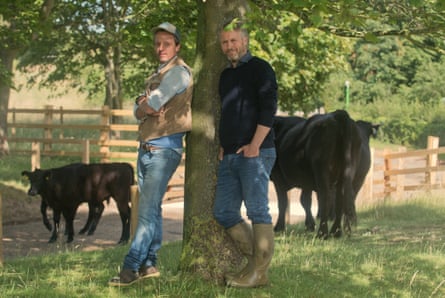
“Wild Kingdom is the next great leap – one map to bind us all. It isn’t about one person or place, it’s about thousands of acts of care and imagination,” he added.
Since founding WildEast with fellow landowners Olly Birkbeck and Argus Hardy, Somerleyton has turned a quarter of his 2,023-hectare (5,000-acre) estate over to biodiversity, while still producing food, including carbon-negative wheat and fava beans. Alongside this, 904 moth species, 33 Red-List birds, and six endangered amphibians have been recorded across his estate, which includes the Fritton Lake ecotourism business.
There have been plenty of pledges of wildlife action from other quarters too, including Hadleigh high school in Suffolk, which is creating a pond and wildlife area in the corner of one of its playing fields. “There’s lots of new housing going on around our site so we’re acutely aware that the space for wildlife is shrinking and we need to be doing what we can to rewild,” said Katy Miller, a modern languages teacher at Hadleigh.
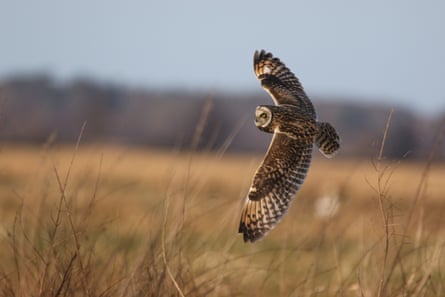
Somerleyton visited the school recently and Miller said the pupils’ eco-team was inspired by Wild Kingdom. “The eco-team don’t want to just talk about it – they want to be making a difference to nature’s recovery,” she said. “The more people join together to do it and are inspired to take part hopefully the more space nature gets, the more connectivity it gets, and the more it can recover.”
Victor Hills, 11, a member of the eco-team, said: “We’re very lucky to have two fields and we’ve got funding for a rather large pond and wildlife area. We’re thinking it will help moths, badgers, hedgehogs, fish, frogs.”
Victor said he had been inspired by other nature pledges on Wild Kingdom’s map of dreams. “What people are doing with their gardens or the land they own is absolutely stunning. In Britain, if we get to 20% [of land for nature] I don’t think we should stop there. We should get more lakes, more ponds and make more nature areas and open more national parks.”
Farmers large and small have pledged to WildEast, including Cameron Wheeler, who rents 0.8 hectares on which he produces no-dig vegetables for local veg boxes and restaurants at Five Rod farm in Suffolk. “Wild Kingdom is very much in line with what I’m doing, trying to make this a more natural space,” said Wheeler, who moved from the music industry to vegetable growing after lockdown. “I’m honoured to be part of it.”
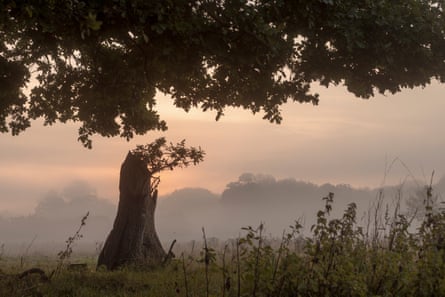
Local communities pledging action on the map of dreams include the village of Wenhaston, Suffolk, whose long-standing volunteer group looking after its five commons has expanded its ambitions as Wilder Wenhaston in recent years.
after newsletter promotion
Local wildlife spotting turned into a wildlife audit, which identified vital local nature but also spotted struggling once-common species in the village such as frogs, toads and hedgehogs. A notable tree audit identified hitherto unknown ancient oaks.
“If it ain’t recorded, it doesn’t exist, especially in planning terms,” said Alan Miller, the chair of Wilder Wenhaston.
In recent years, villagers have joined forces with local landowners to plant four new woods, restore two ponds and create a tree nursery at the primary school to provide locally sourced native trees and inspire a new generation of tree-planters. This winter, volunteers will plant 200 metres (656ft) of new native hedges to link up the woodlands. “If you have volunteers that are willing you’ve got to keep them rolling or else they’ll go off and find something else to do,” said Miller.
He said Wild Kingdom will help more community groups connect – and power more effective grassroots action. “In conservation we are always looking at what other folk are doing – someone will come up with a bright idea,” Miller said. “I fear the bigger conservation organisations just get bigger and less effective.”
“WildEast is all about the soft tissue that connects up the beating organs of nature recovery – schoolyards, churchyards, farmyards and people’s gardens,” said Birkbeck.
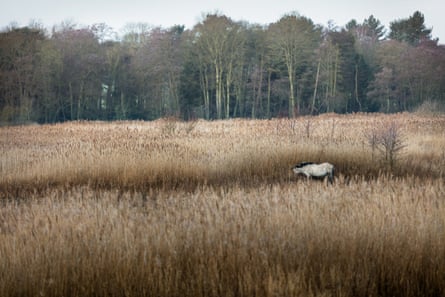
Birkbeck has restored the 4,856-hectare Massingham Heath, which was ploughed up during the second world war. Since recreating it – and doubling its size since WildEast was founded – the heat become “a wonderful kaleidoscope of colour and botanical biodiversity”.
“It is not for us to say what any one person, community and especially region should do,” said Birkbeck. “Wild Kingdom and its map of dreams is simply the place to record those efforts and record and map how they might join humans and landscapes, and so inspire others to do the same.”

.png) 5 hours ago
4
5 hours ago
4
